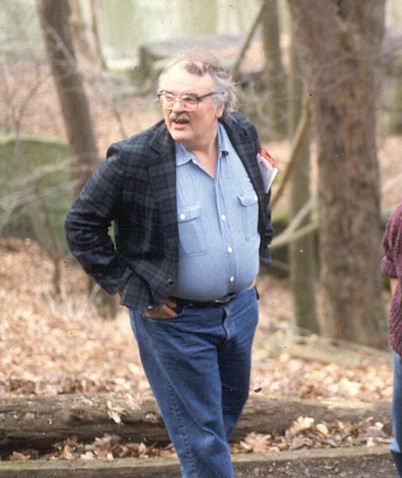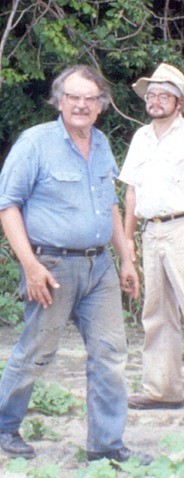Like many universities, the teaching of evolutionary theory at CSULB is front and center in most students' class schedules. Evolution is often taught in classes, but only as a feature of a particular topic. For example, I assume that the classes in biology (and this is actually an assumption since I know there have been reports of faculty who hold creationist beliefs - even in the biology department) teach their subject matter in a way that is consistent with evolution. But there are few (only 1 actually) classes that specifically focus on the details and structure of evolutionary theory. Ironically, that course is not taught by biologists, but by anthropology faculty (physical anthropologists who are part time instructors for biological sciences). I do not believe it is offered very often and given state of our physical anthropologists (moving away from biology and retirement plans) I do not know if it is even taught any more. If it is still taught, that course has minimal influence on the general student body: the set of pre-requisites for the course make it largely an elective option for biology majors -- not a central course that would benefit everyone. One alternative to the biology offering is Kevin MacDonald's course in Psychology (Evolutionary Psychology). MacDonald, though, is a nutball given his interpretive story-telling application of "group evolution" to explain the apparent success of Jewish populations. His connection with Nazis and angering everyone on campus (see also here) means that I don't have much hope that sending a student to one of his classes is going to lead to them learning much about evolutionary theory per se (at least in the way most evolutionary biologists and philosophers of science perceive and use it).
Following David Sloan Wilson's "New Humanities" curriculum, I've started talks with Jeff Davis in Sociology about creating some kind of curricular structure that could link evolutionary offerings in the campus and to provide more of a structured set of courses for everyone. Right now this initiative at CSULB is basically conceptual, but it is a long term goal of mine to find a way of making education in evolution a more central part of every student's degree training. Given the promise of such an effort, I am excited to see it take shape.
One set of resources that might be useful in creating an evolution-focused curriculum are the free online lectures that have been produced by the Cassiopeia Project. Available via iTunes, the videos cover basic science and include lectures on the origins of the universe, complexity, chemistry, physics, quantum mechanics, origins of life, space, relativity, etc. The evolution lectures consist of 10 chapters (ranging from 7 to 17 minutes in length) that can be downloaded and played on any computer equipped with iTunes (i.e., windows or mac). Check 'em out at:
http://www.cassiopeiaproject.com/vid_evolution.php

